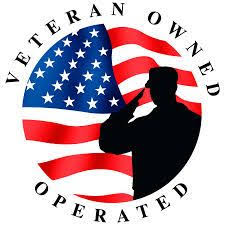Those people who are staying overnight in parking lots for free are boondocking. You can also boondock by lakes, in the forest, on BLM land and anywhere that you can park overnight.
If you’re a camping or RV enthusiast and not familiar with the term, “boondocking”, not to worry because sooner or later other RV’ers will introduce this time honored tradition to you. Boondocking is also referred to as dry camping or dispersed camping and offers many of us the opportunity to enjoy the comforts of our homes on wheels while still enjoying nature. Sure, campgrounds offer modernization and amenities, but who wants to get away from the everyday hectic life to drive to a crowded campground and sit in an RV and watch TV? Campgrounds have gotten to the point that they stack RV’s in side by side where you can hear all that goes on in all the RV’s around you. That isn’t my idea of getting away for the weekend or a vacation.
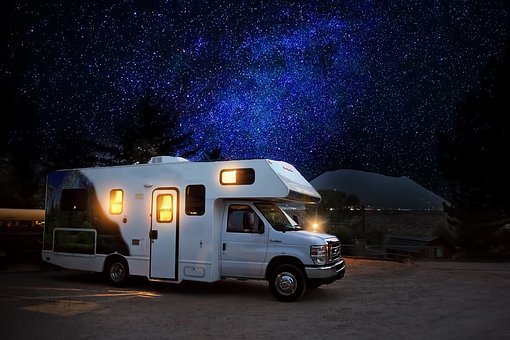
Boondocking is also an alternative to stopping for the night in a campground while traveling from destination to destination. Many RV’ers find Walmart parking lots and truck stops to be the answer. Cabela’s also opens their parking lots to RV’ers for a night’s stay as do some other companies. Companies that open their parking lots for an overnight stay know the value of catering to the RV community as they provide a solution to your camping supplies and other outdoor needs while on the road. If you are boondocking in these parking lots for convenience while heading toward your camping destination, there are certain boondocking tips and camping protocol to follow; the first of which is courtesy and common sense. If you are boondocking in a Walmart parking lot, it’s a good idea to check with the local manager to make sure it’s OK to spend the night there. It used to be that Walmart welcomed RV’ers with open arms. In the last few years, Walmart has left this policy to the local managers. Some Walmart’s now have signs prohibiting overnight parking. The last thing you want after settling down for the night is a knock on your door at 3:00am from your local police department.
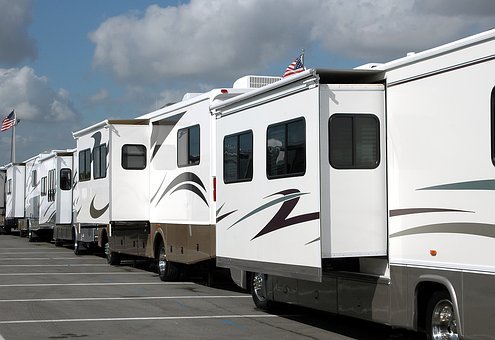
This is due to in part to local city ordinances prohibiting overnight parking, which could be due to local campgrounds losing money to companies like Walmart that allow free overnight parking. And some is due to RV’ers not respecting Walmart by leaving their trash and garbage in the parking lots. I’ve been in some Walmart parking lots and seen campers pulling out the lawn chairs and camping equipment and setting up a campsite. Doing this will quickly ruin the boondocking option for others and sour the reputation of campers in general. Any overnight RV stay in public locales should be treated as a privilege and not an entitlement.
The same holds true for boondocking in remote locations. Campers should always honor the environment and leave it cleaner than it was when you arrived. When RV camping without hook-ups, there are other considerations as well that will make your boondocking more enjoyable. Water and power utilization and conservation is always at the forefront of concerns among dry campers. With experience comes planning and RV’ers readily adapt to conserving both. Water conservation while boondocking boils down to paying attention to details. You must keep an eye on your water supply so it doesn’t run empty. You quickly learn you’re not home with an endless supply. For example, you learn to brush your teeth without letting the water run continuously. Another good habit is to remember to always shower using the wet and rinse technique. There are many other water conservation options available for dry campers as well and the RV industry has a wide variety of electronics and accessories available to help you. Power and electrical needs follow the same laws of conservation and require paying attention to detail as well. Inverters, generators, and solar panels are all options and in combination can extend power usage. Just remember, planning is paramount when dry camping. You must consider all your electrical needs. Most people in the RV community I run into on the road are either full-time or most full-time RV’ers or Van dwellers and as a result and out of necessity have become minimalists. Therefore, their electrical needs are not nearly what they were when living in a traditional home. I spend a great deal of time in my van traveling throughout North America and I do not have a TV, satellite dish, or microwave. I gave all that up to get out and enjoy nature. I travel with only a few electrical items; namely a laptop computer, smart phone and refrigerator. I have solar panels that provide all the electricity I need to run my laptop, keep my phone charged and my refrigerator cold. Verizon is my provider and my smart phone can be used as a “hot spot” to provide Internet access for my laptop. I can always visit a McDonald’s or some other establishment for free wi-fi if needed.
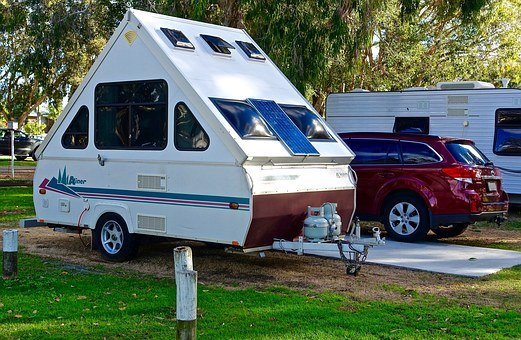
Boondocking can be intimidating at first, but with thought and planning it can provide you with places to visit and see that typical RV’ers never get to experience. When I retired and decided I wanted to travel this great country in an RV, I bought a large RV. Big mistake. Since I travel alone, I found this large RV was just too big for me and what I wanted to do. I found that I was limited in my desire to do “real boondocking”, that is, totally off-grid and far back off the beaten path. This large RV simply was not made for that. Not only that but the cost of gasoline was hurting my budget. I was getting something like 9 miles per gallon. You do the math. I took 2 trips in that RV before deciding to sell it. I was lucky to break even when I sold it. I had done a lot of research online about vans and found some great ideas for traveling in a van. So, I bought a cargo van and had it built out to my specs. This van is all that I had hoped it would be. Other than driving it and sleeping in it, I spend very little time inside my van. I cook all my meals outside unless the weather is not cooperating. My van has forced me into becoming more of a minimalist than I already was. I found out I don’t need all the clothes I was carrying. I don’t need that big bathroom with a home-like shower. I have a portable shower that fits my needs very well and I also have a gym membership with a national chain and I can stop at any of their locations for a shower when on the road. If one is not available where I happen to be (which is rare), I can also stop at a truck stop and rent a shower for about $8.00, just like the truckers do.
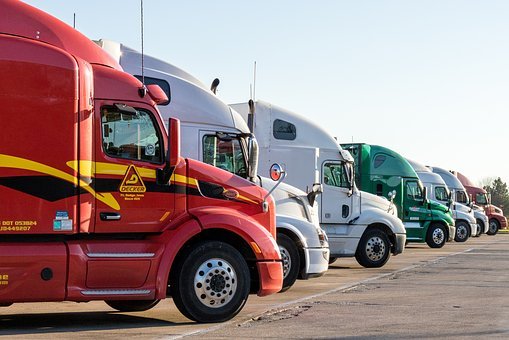
Further, don’t feel as if you’re all alone out there in the great outdoors when it comes to boondocking. A simple online search will show other RV camping enthusiasts who share boondocking tips, routes, locations, and many other valuable pieces of information that only the experienced boondocking camper would think of. Also available are many apps that will show where free campsites are located, campgrounds and national and state parks, etc. There is also a huge assortment of LTV (Long Term Visitor) Areas in California and Arizona, and BLM (Bureau of Land Management) Information available detailing designated wilderness areas, regulations, and amenities. Other experienced boon docking RV campers have put together huge online lists of creative ways to boondock, camping and boondocking forums, travel blogs and other valuable resources. So if boondocking is in your future RV camping plans, you will find you are in good company.
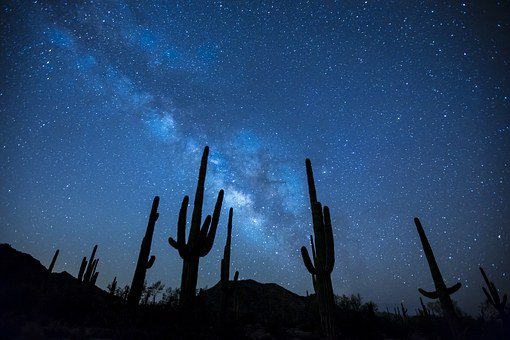
If you liked this article, please follow me.
Please stick around, I’ll be bringing you more good quality content.
Until next time…


